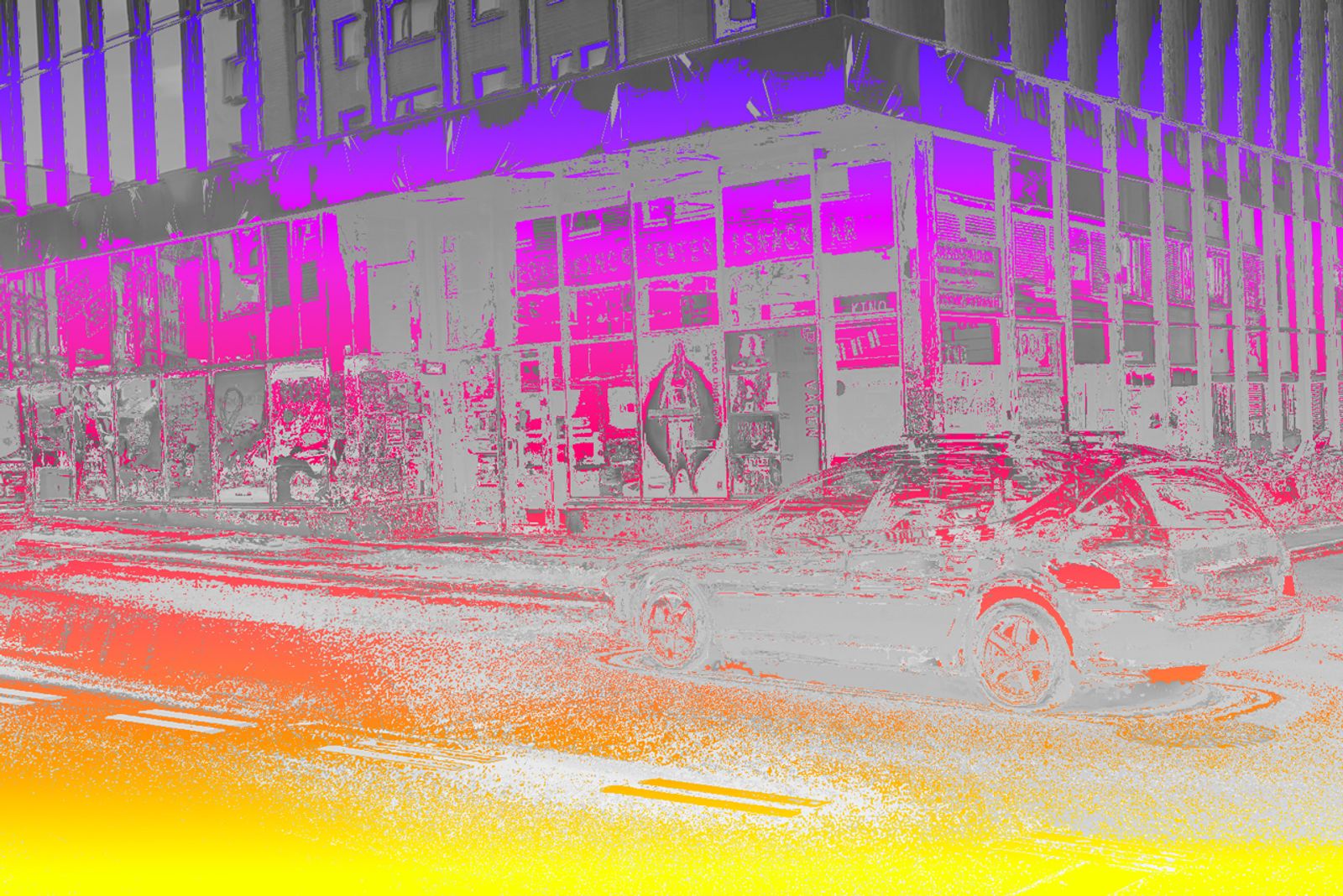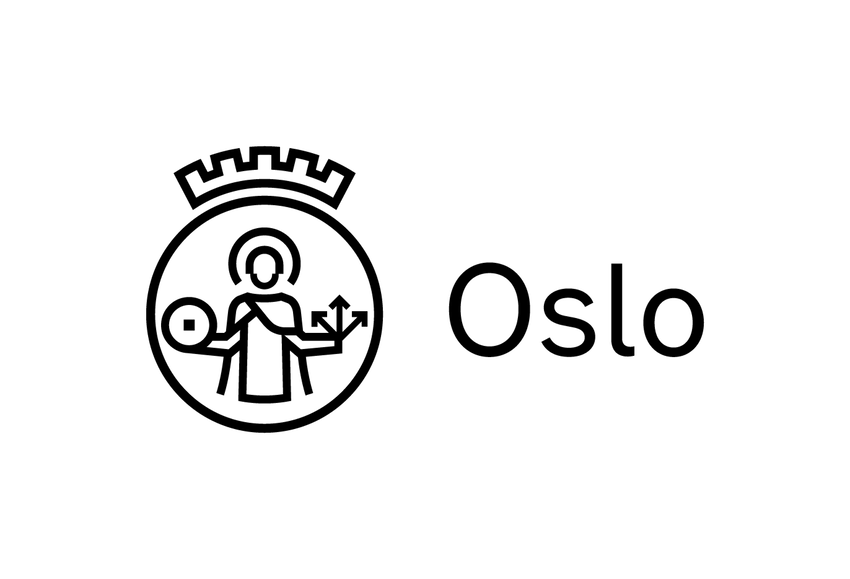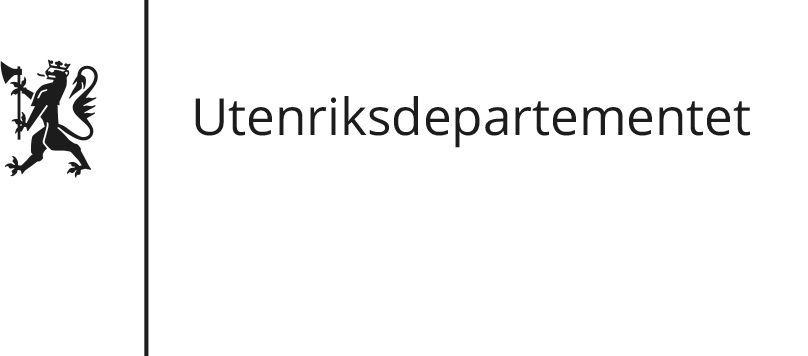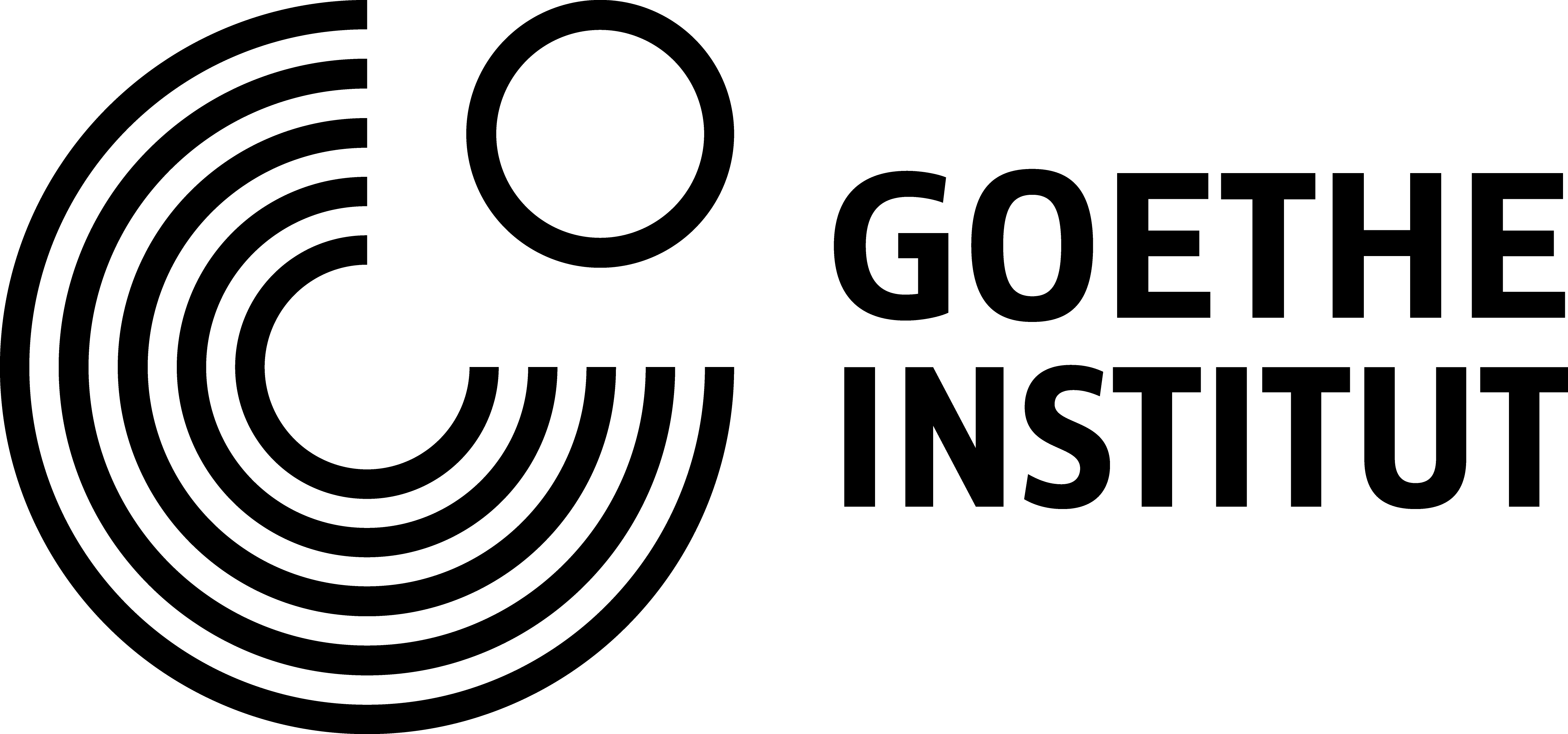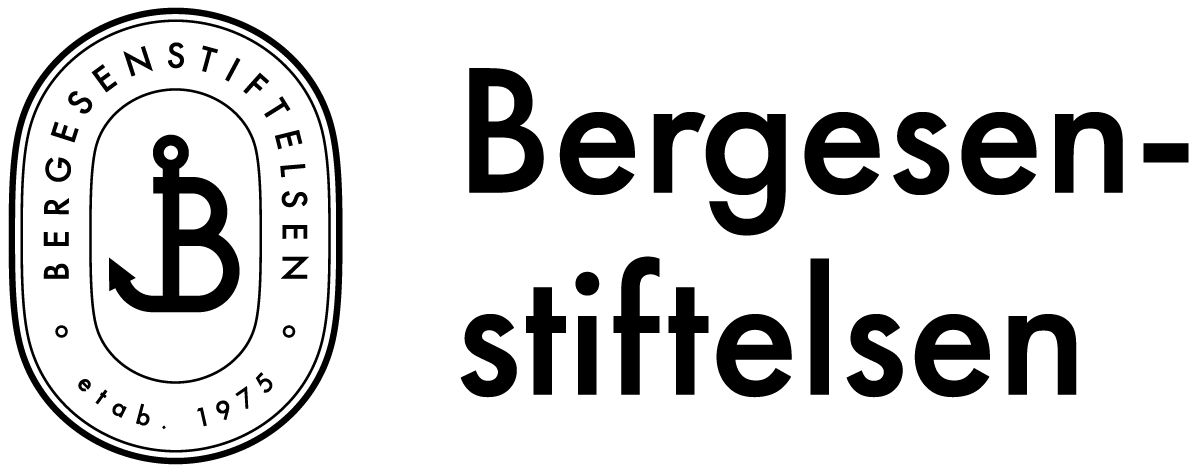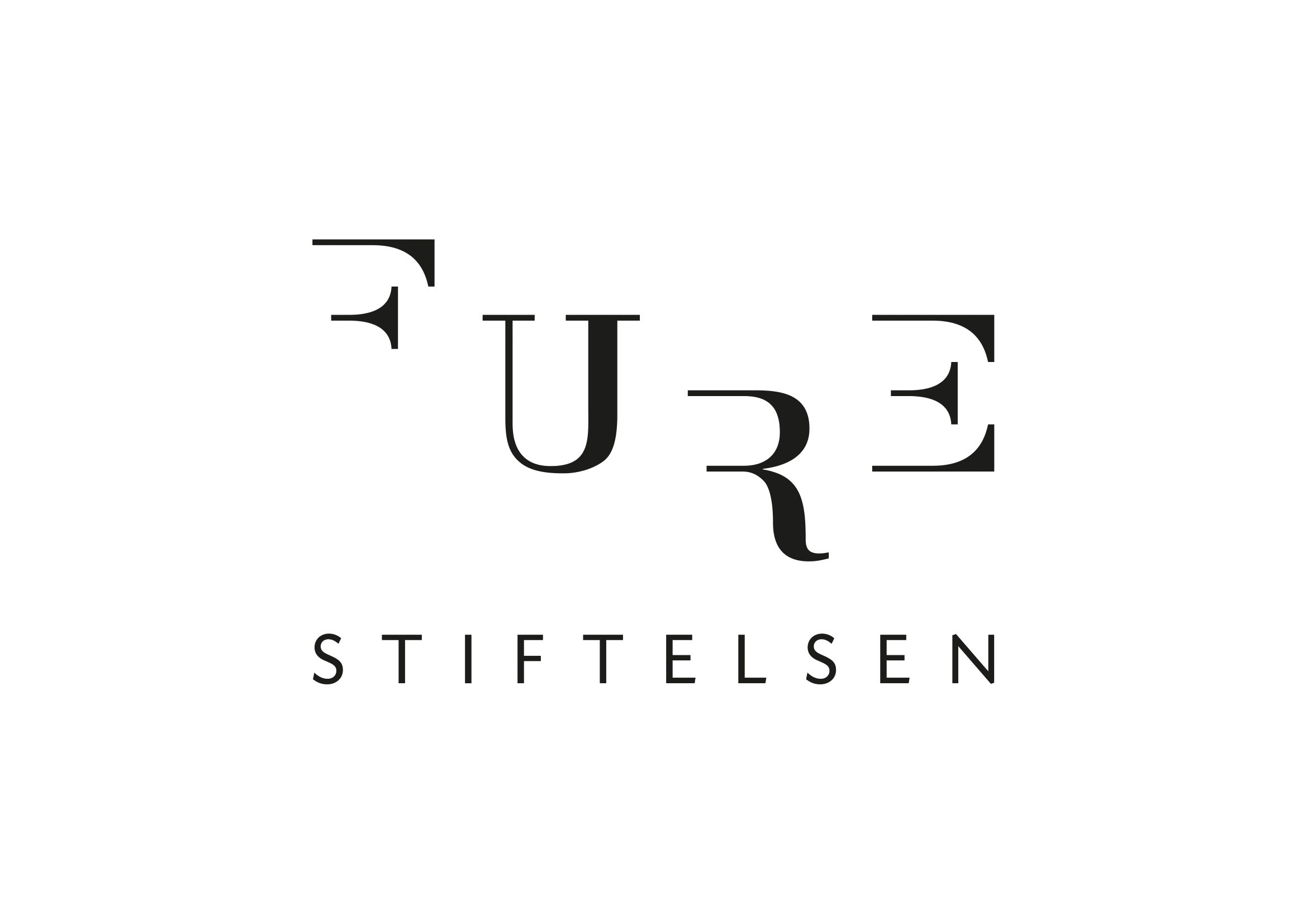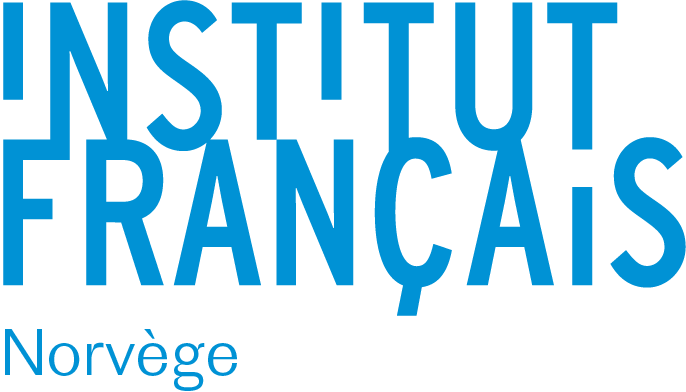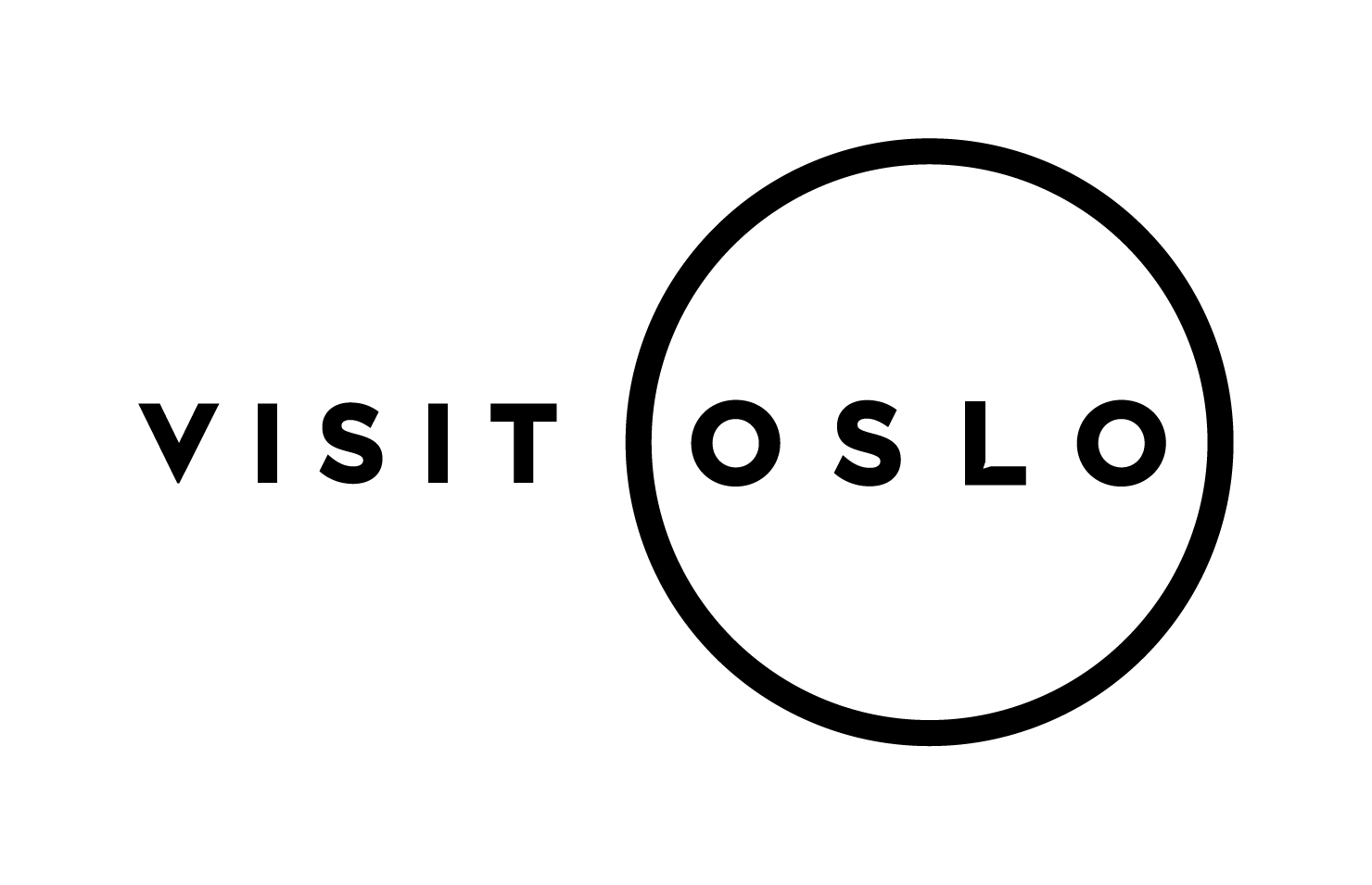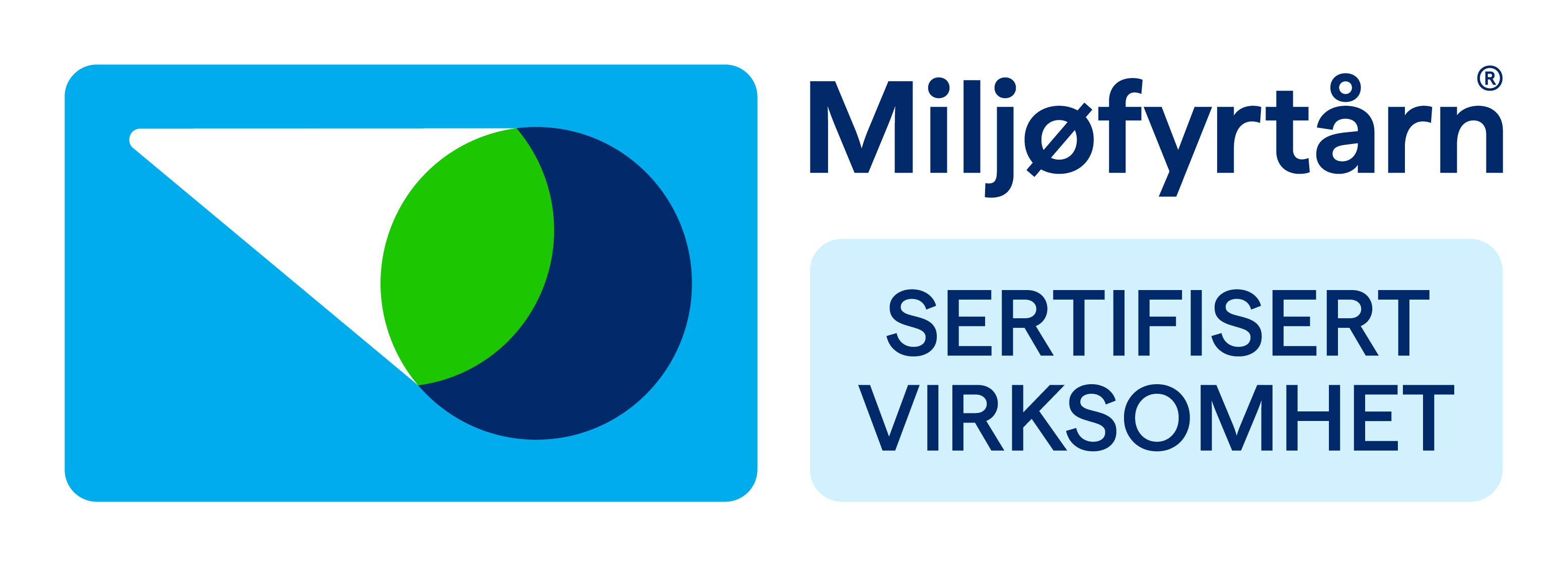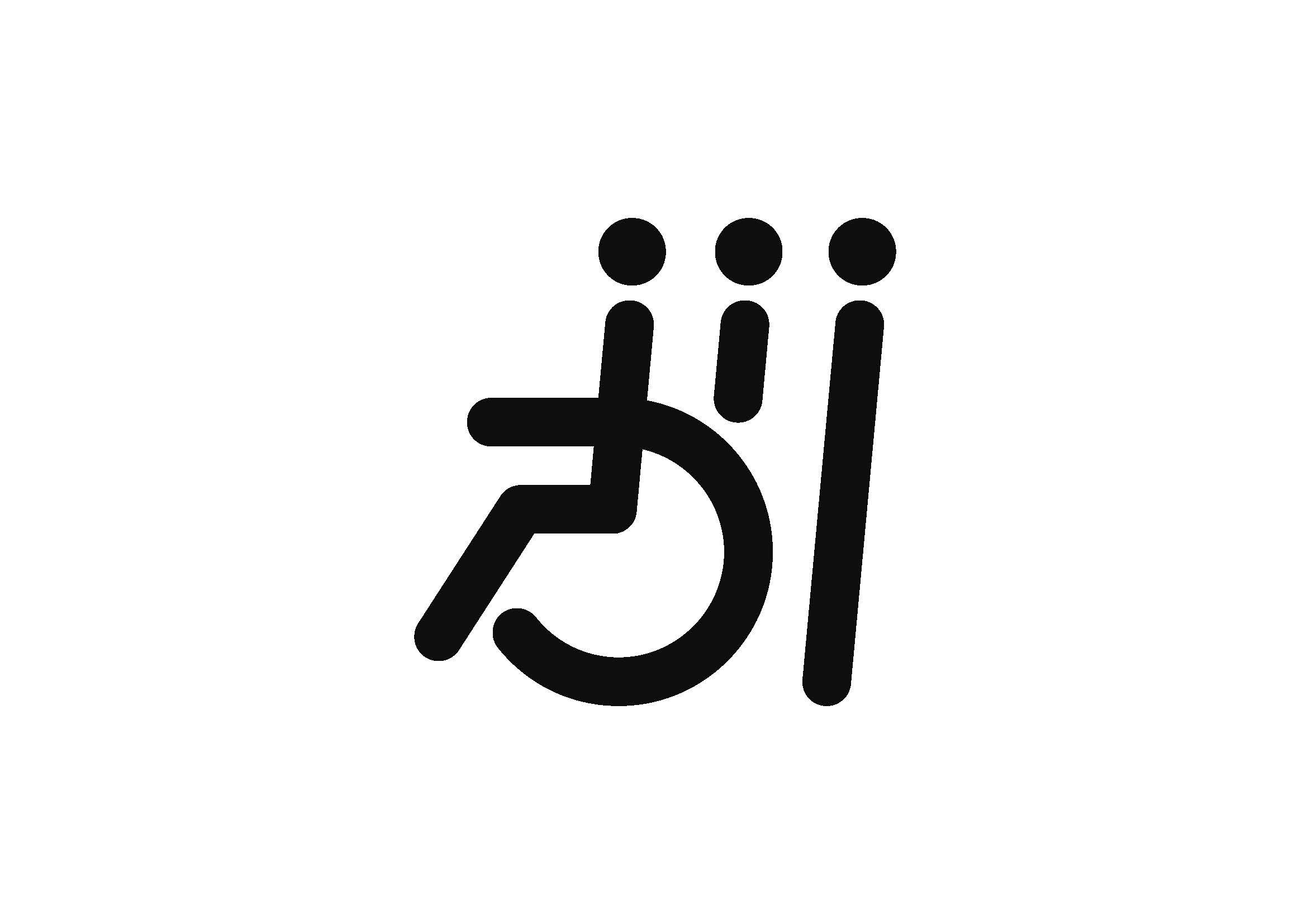There is more to it than Casablanca
Music, film, sound, and conversation across Moroccan times and grounds
Curious about Moroccan music, club culture, and how stories travel across borders?
There is more to it than Casablanca offers concerts, films, DJ sets, food, reading circles and radio talks—all in one full day and night. It brings artists and audiences together to explore Moroccan music and sound, from contemporary classical to rock, electronica and hip hop.
At the heart of the event is sonic pluralism—a listening practice that sees sound as shaped by place, memory and movement. Referring to the 1940s film Casablanca, which romanticizes Morocco while silencing local voices, the programme invites to listen differently.
It challenges how Western technologies and ideas have defined sound, and shows how it can be reimagined through other tools, voices and traditions.
This is also an invitation to communities with ties to Morocco to come together—to remember, to listen, across time and place.
Featuring
Abdellah M. Hassak (remote) • Ahmed Essyad • Fatima-Zahra Lakrissa • Francesca Ceccherini (Zaira Oram) • Gilles Aubry • Lawrence Abu Hamdan • Leila Bencharnia • Mohamed Chakiri • Othmane Hmimar (Hoba Hoba Spirit) • Philipp Rhensius (Norient) • Teresa Pepe • Tizintizwa • Yumi Murakami
Film screenings
Trances • Salam Godzilla • L’Makina • The Diary of a Sky • Amussu • Apartheid Casablanca • A (Rough) Seasonal Work Song • A Song to the Oar • Casablanca • Aşk, Mark ve Ölüm / Love, Deutschmarks and Death • Les Yeux Secs
Food and drinks
Moroccan mint tea will be served. Moroccan food from Mamas mat and other drinks are available for purchase at the VEGA Snackbar.
Programme
Salongen
14:00 - 14:05 – Welcome by Heloisa Amaral and Katía Truijen 14:05 - 14:45 – Conversation on Sonic Pluralism, with Gilles Aubry and Fatima-Zahra Lakrissa
15:15 - 16:00 – Conversation with Ahmed Essyad
18:30 - 19:15 – Fatima and the Dust, live performance by Leila Bencharnia
19:50 - 20:30 – Conversation with Leila Bencharnia and Fatima-Zahra Lakrissa
Foyer
21:00 - 21:45 – L’Makina, live performance by Gilles Aubry21:55 - 22:00 – Asselman by Ahmed Essyad, performed by flautist Yumi Murakami
22:00 - 22:45 – Electroacoustic works by Ahmed Essyad
23:00 - 00:00 – DJ set by Mohamed Chakiri
00:00 - 01:00 – Ultima After Party with special playlists by the event's artists
Mezzanine – with Radio WORM
14:50 - 15:50 – Reading circle The Legend of Sidi Amhaouch and the Insect Saint led by Teresa Pepe in collaboration with Masahat
16:00 - 16:25 – Conversation with Othmane Hmimar (Hoba Hoba Spirit)
16:30 - 17:30 – Home is Where the Heart Strives Book presentation with Philipp Rhensius (Norient)
17:45 - 18:45 – Listening session with Zaira Oram presenting Symphony of Archives by Abdellah M. Hassak
19:15 - 19:45 – Selma Benmalek in conversation with Mohamed Chakiri
20:30 - 21:00 – Closing conversation
Kino TO
15:30 - 17:15 - Casablanca (1941, 102’)
17:30 - 19:15 – Trances (1981, 90’), with an introduction by Moe Chakiri
19:30 - 20:30 – The Diary of a Sky, by Lawrence Abu Hamdan (2024, 44’) with an introduction by Lawrence Abu Hamdan and Tominga O’Donnell (MUNCH)
21:00 - 22:45 – Apartheid Casablanca (2020, 5’) and Amussu (2019, 98’) by Tizintizwa
Kino TRE
15:30 - 16:15 – Salam Godzilla, by Gilles Aubry (2019, 41’)
16:30 - 17:00 – L’Makina, by Gilles Aubry (2023, 25')
17:30 - 18:15 – A Song to the Oar (2024, 3') and A (Rough) Seasonal Work Song (2022, 41’) by Tizintizwa
18:45 - 20:35 – Apartheid Casablanca (2020, 5’) and Amussu (2019, 98’) by Tizintizwa
21:00 - 22:45 – Aşk, Mark ve Ölüm / Love, Deutschmarks and Death (2022, 102’)
Take a look at the full programme—with information about the night, artists and moderators—in the online booklet!
The programme is moderated by Katía Truijen (Rewire Festival), Heloisa Amaral (Ultima), Ash Kilmartin (Radio WORM) and Selma Benmalek (Masahat).
Norient and Ultima collaborate on an online special ‘Dust & Frequencies’ inspired by the programme. The publication will be launched at Norient after the festival via: norient.com/dust-and-frequencies
Facts
- Moroccan culture blends Arab, Amazigh, Andalusian, African, and European influences. After independence in 1956, music became central to decolonisation, as artists reclaimed oral traditions, rhythms, and languages. Today, censorship, unrest, and migration continue to shape a scene marked by sonic experimentation and coded critique.
- Sonic pluralism, a concept coined by Gilles Aubry in the book Sawt, Bodies, Species, explores how diverse acoustic practices in Morocco challenge dominant listening habits. The book combines sound studies, fieldwork, and artistic collaboration to propose locally grounded sonic knowledge.
- The title refers to Casablanca (1942), a film romanticising Morocco while silencing local voices. This programme listens differently—to stories rooted in lived experience and reimagined across borders, history and diaspora.
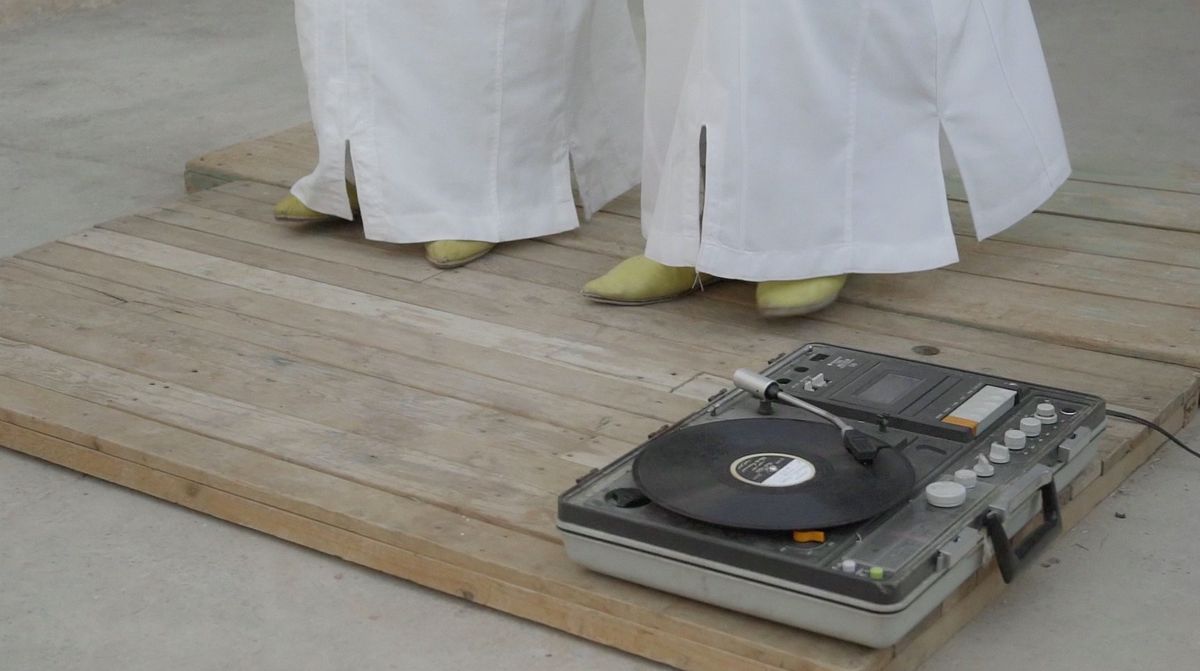
Still from Salam Godzilla (2019) directed by Gilles Aubry
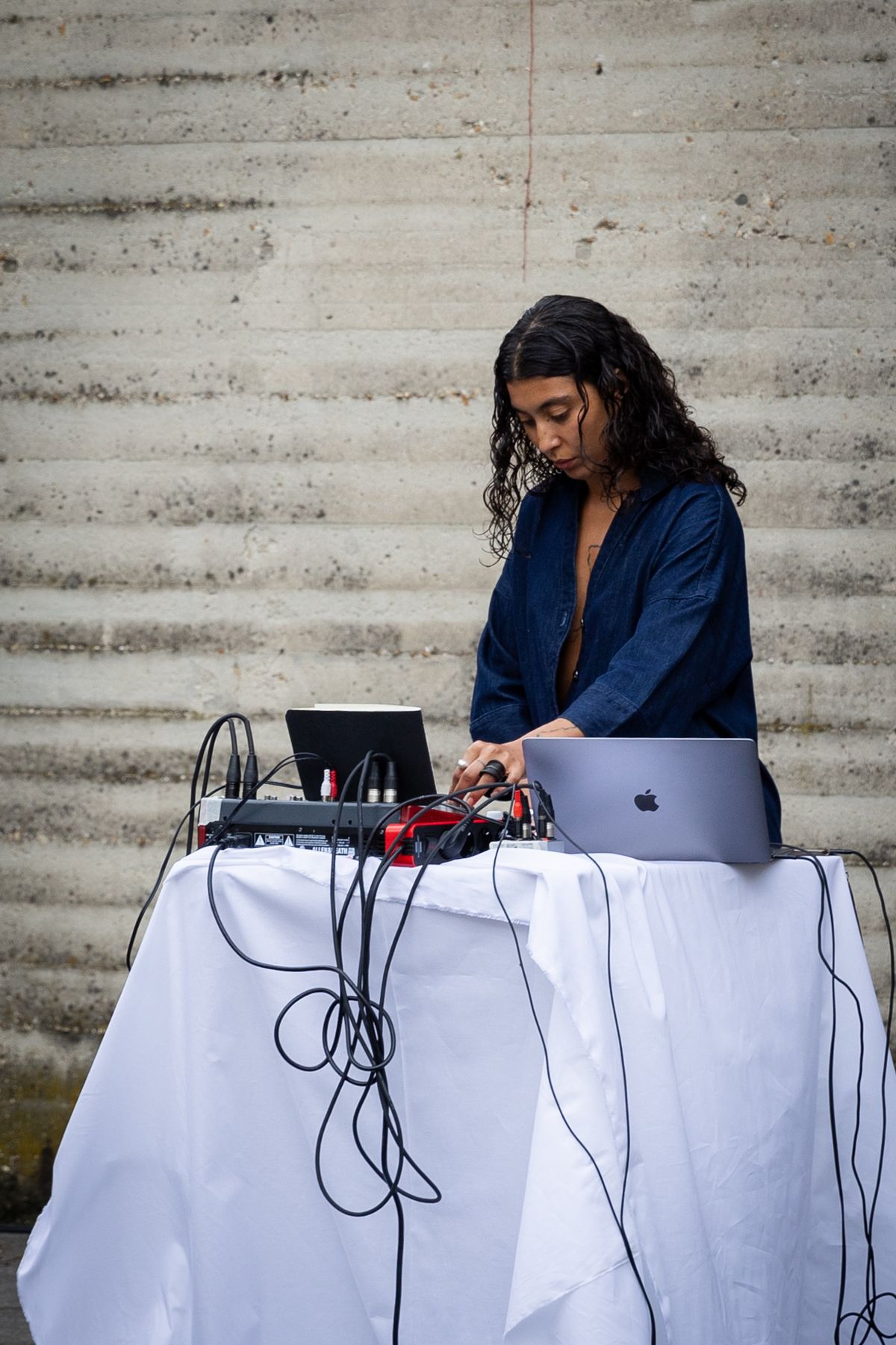
Leila Bencharnia. Photo: Merz Mao
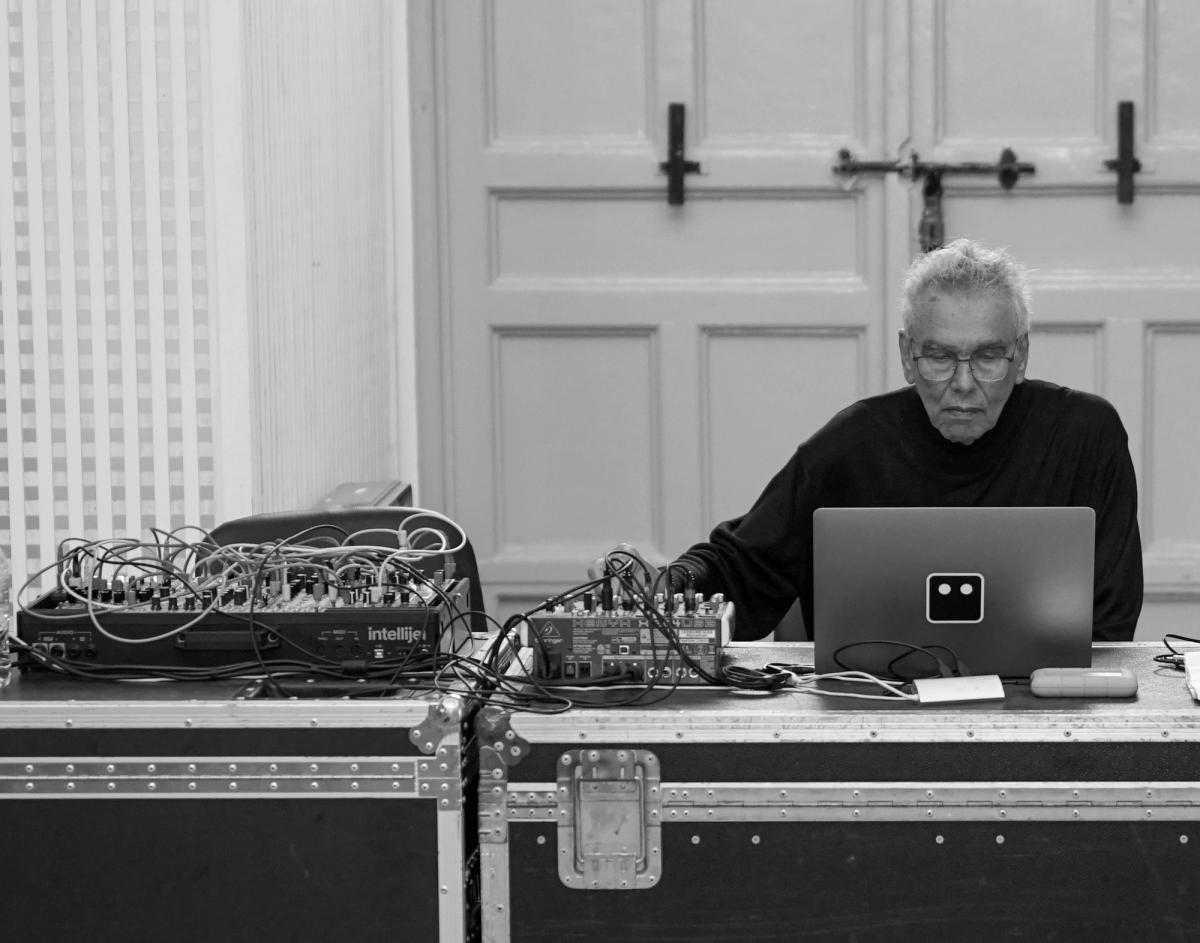
Ahmed Essyad. Photo: Gilles Aubry
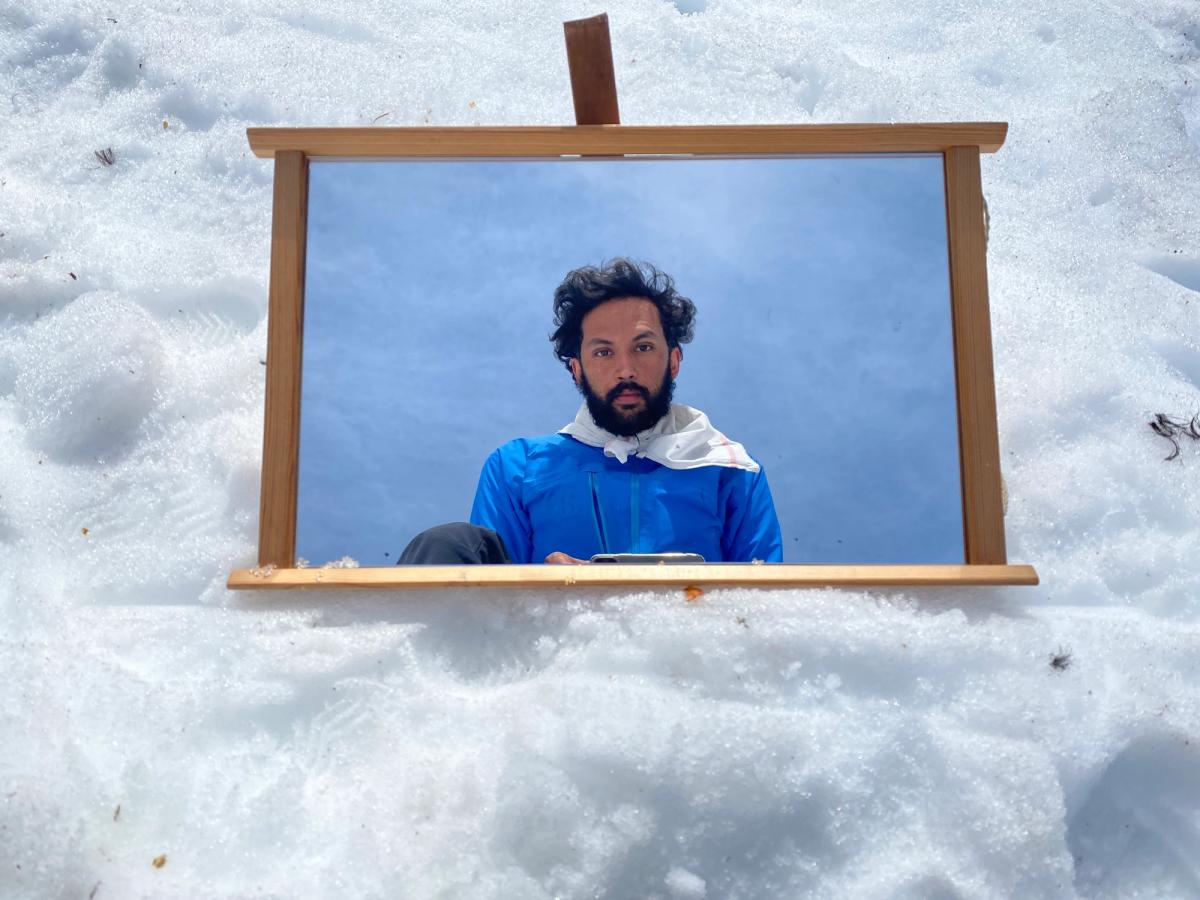
Moe Chakiri
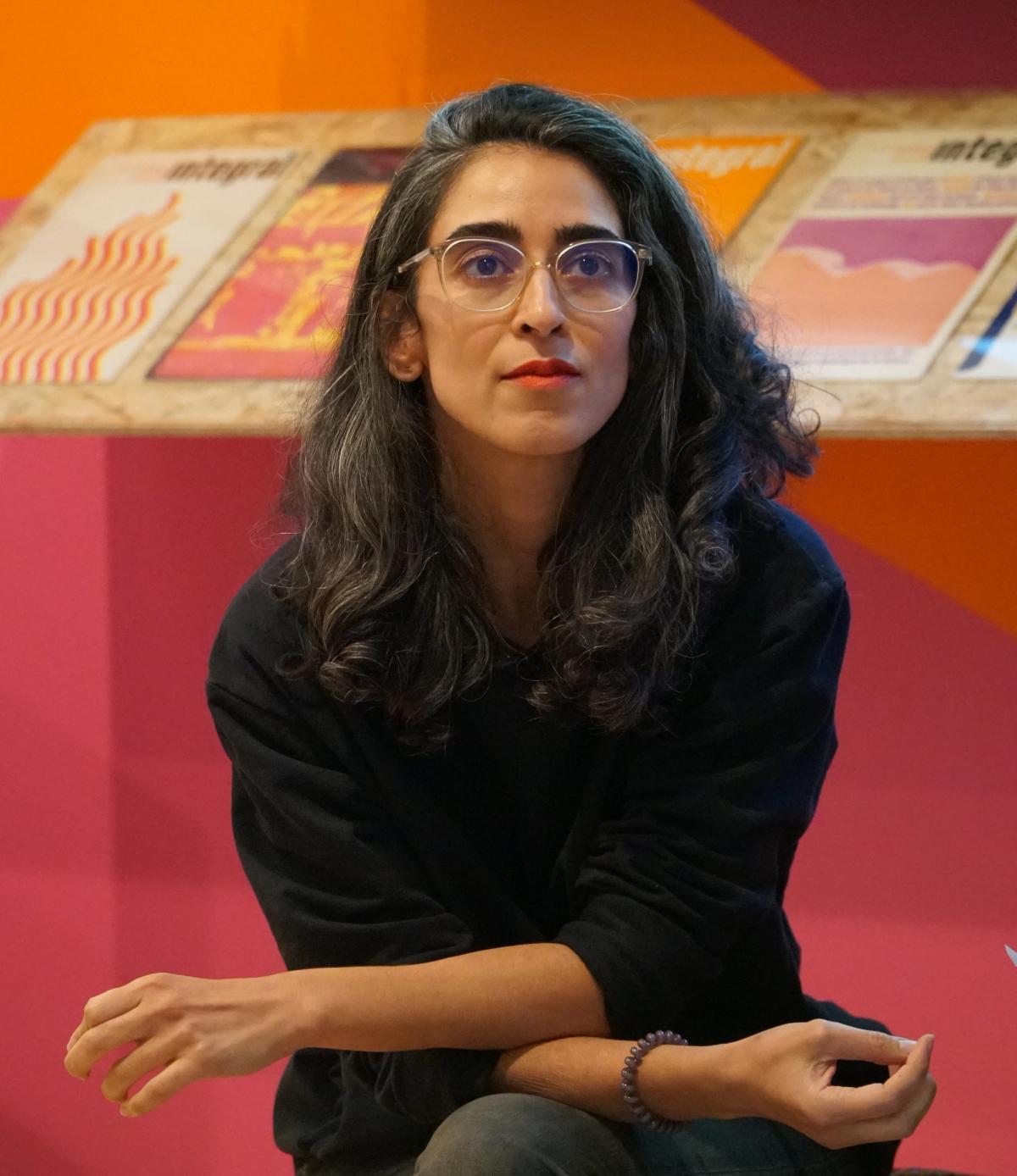
Fatima-Zahra Lakrissa. Photo: Mozaic Rooms

Francesca Ceccherini. Photo: Axel Crettenand
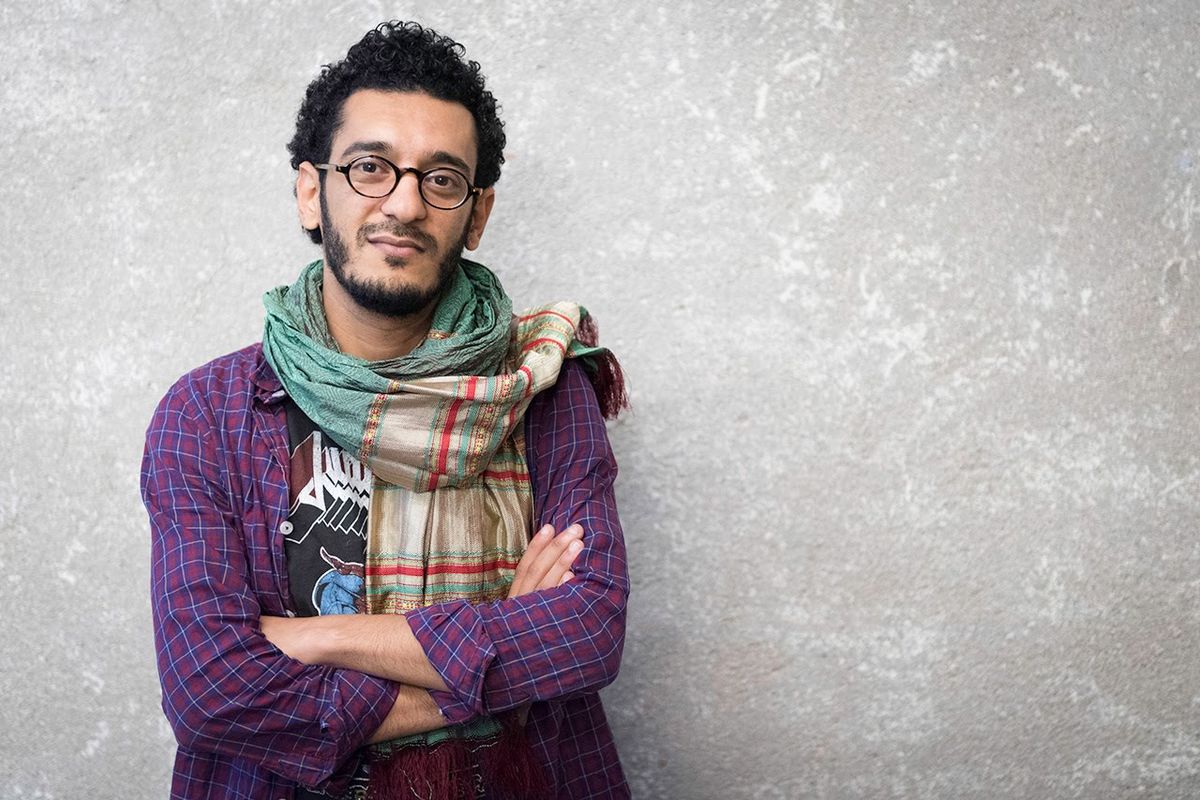
Abdellah M. Hassak
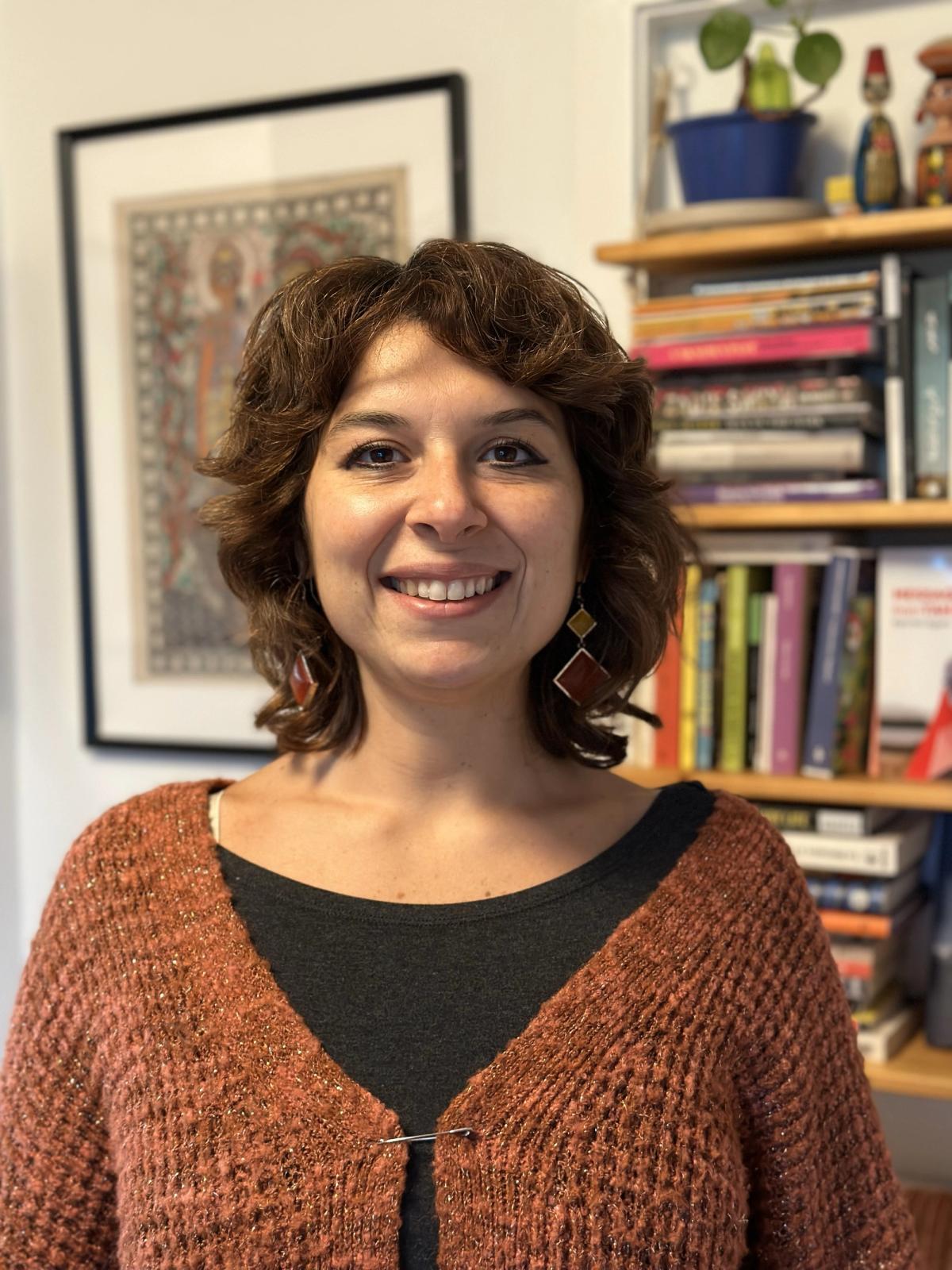
Teresa Pepe
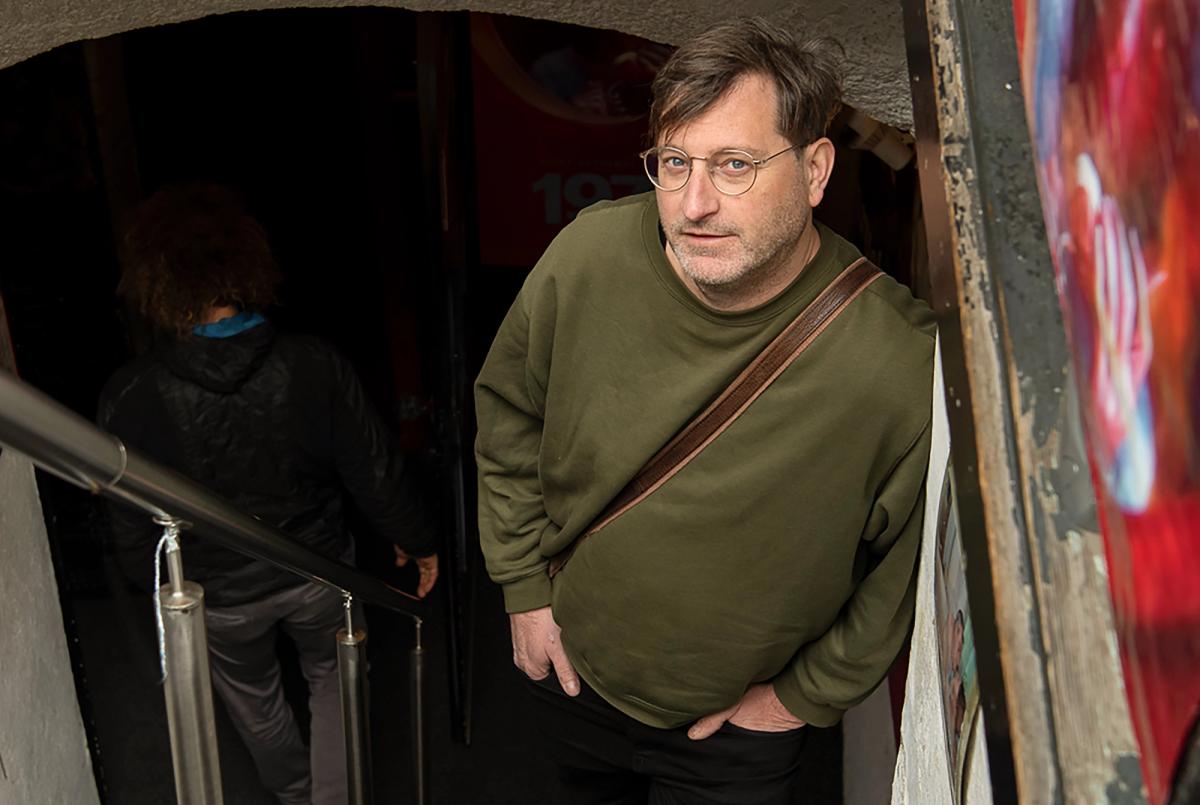
Gilles Aubry
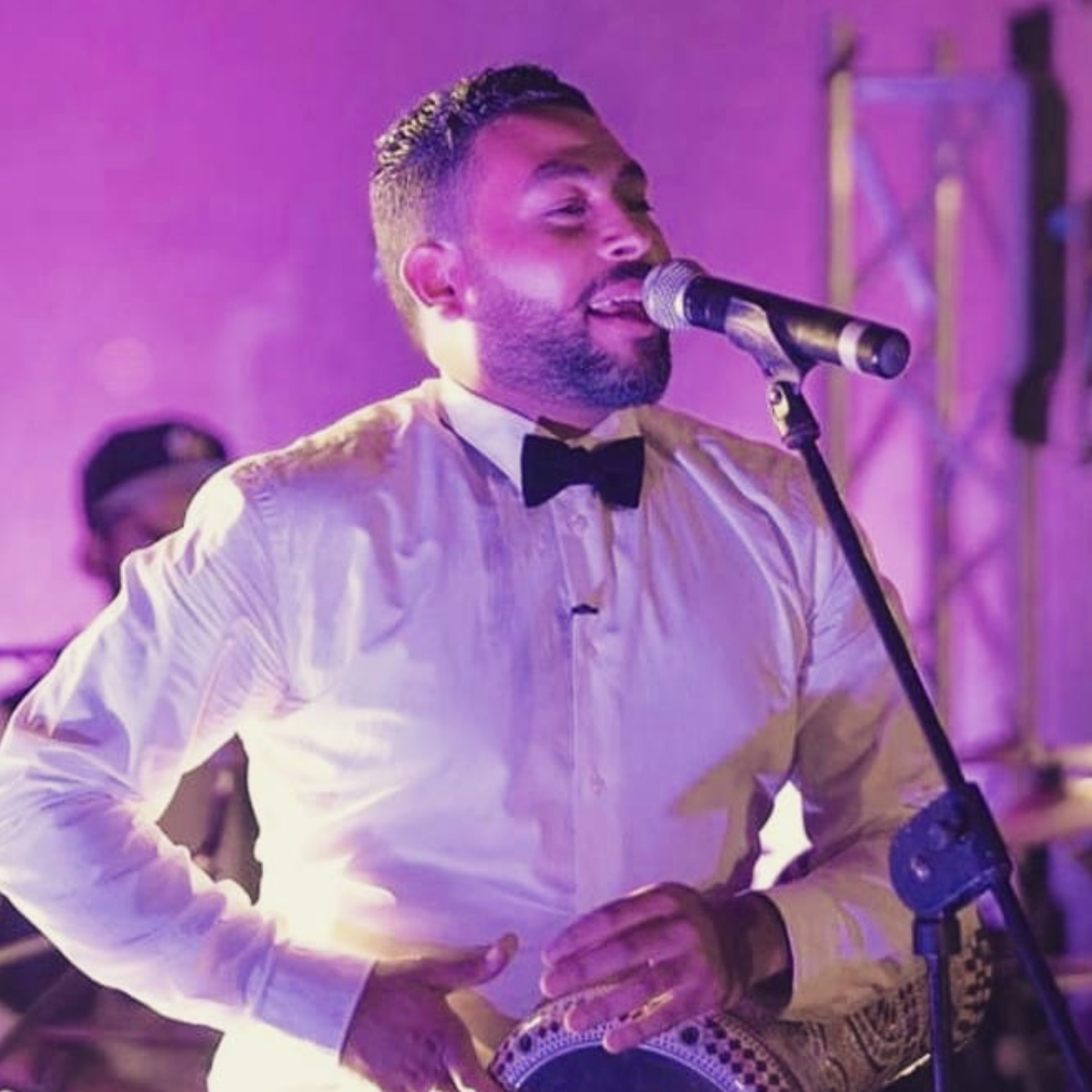
Othmane Hmimar. Photo: Hoba Hoba Spirit
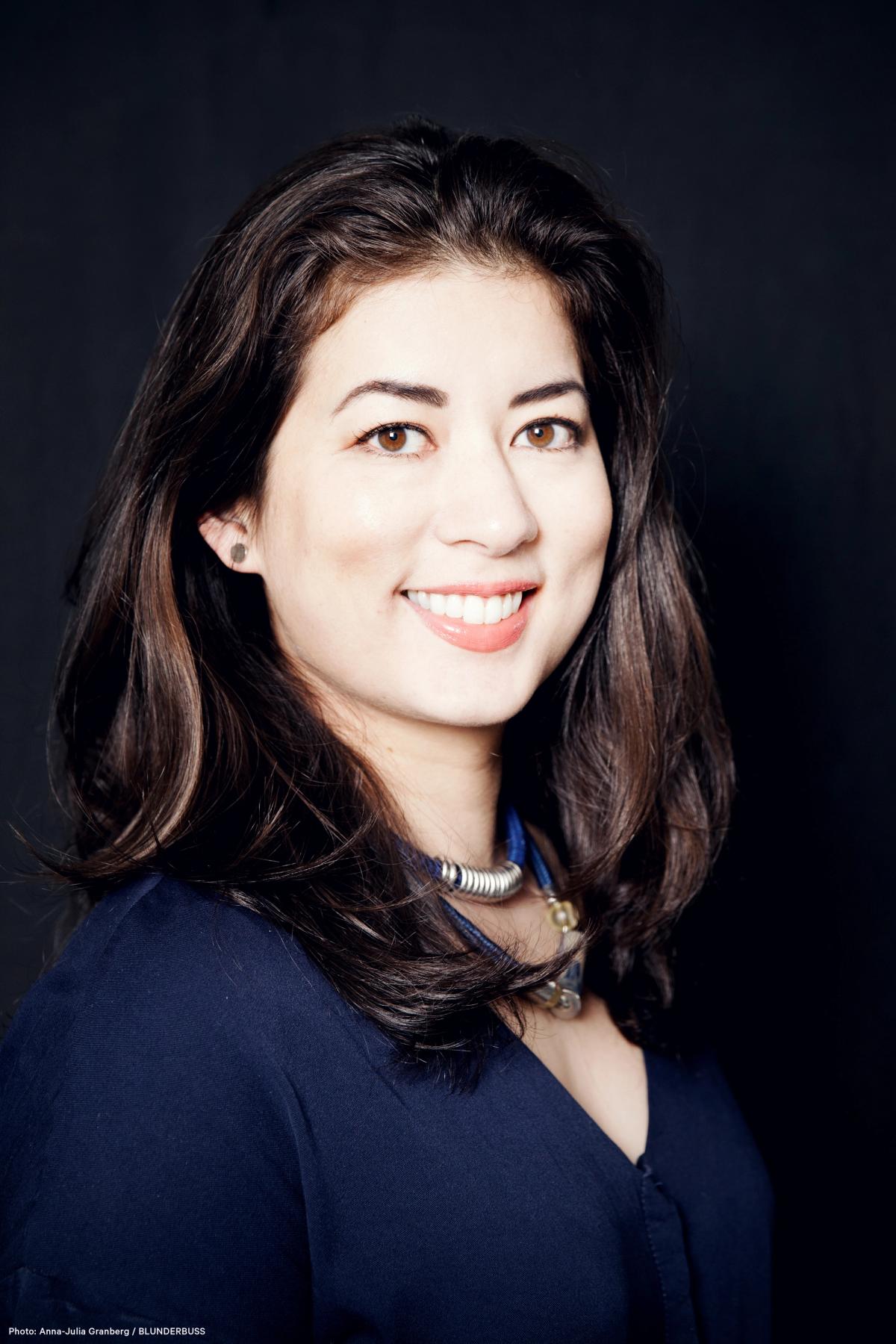
Yumi Murakami. Photo: Anna-Julia Granberg / BLUNDERBUSS
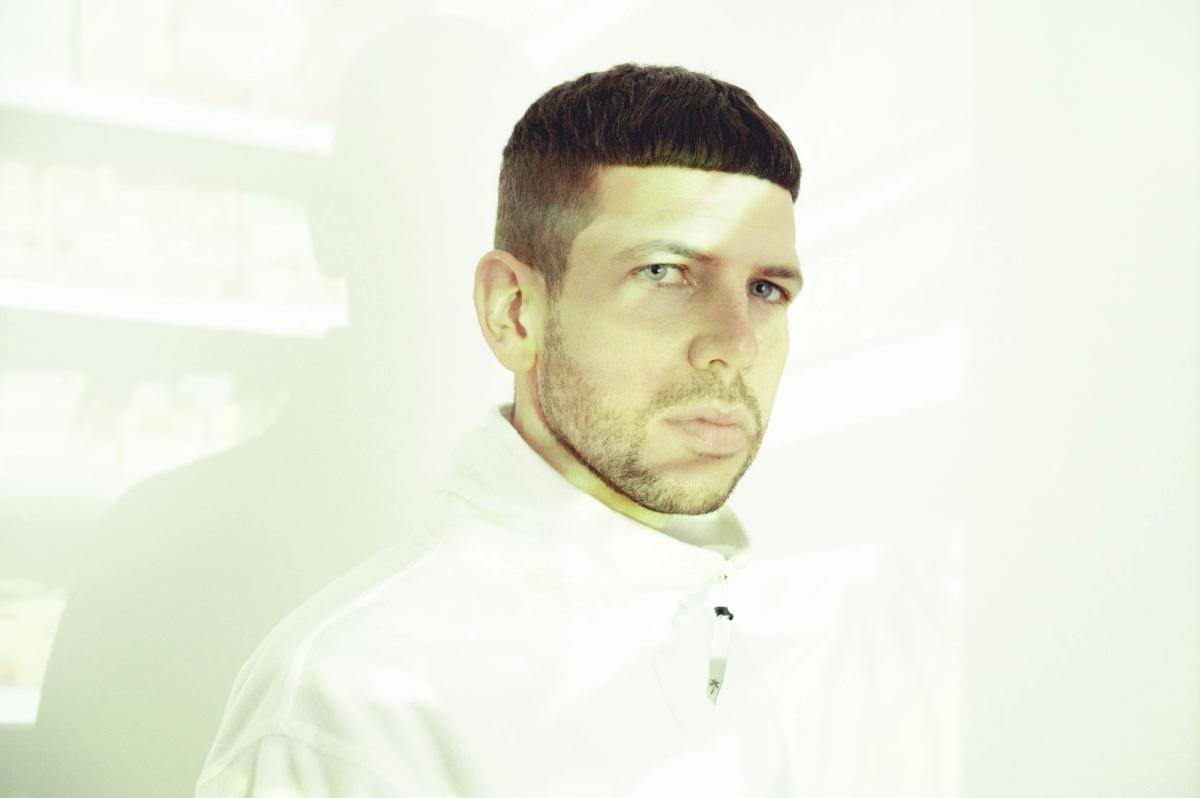
Philipp Rhensius. Photo: Janine Kuehn
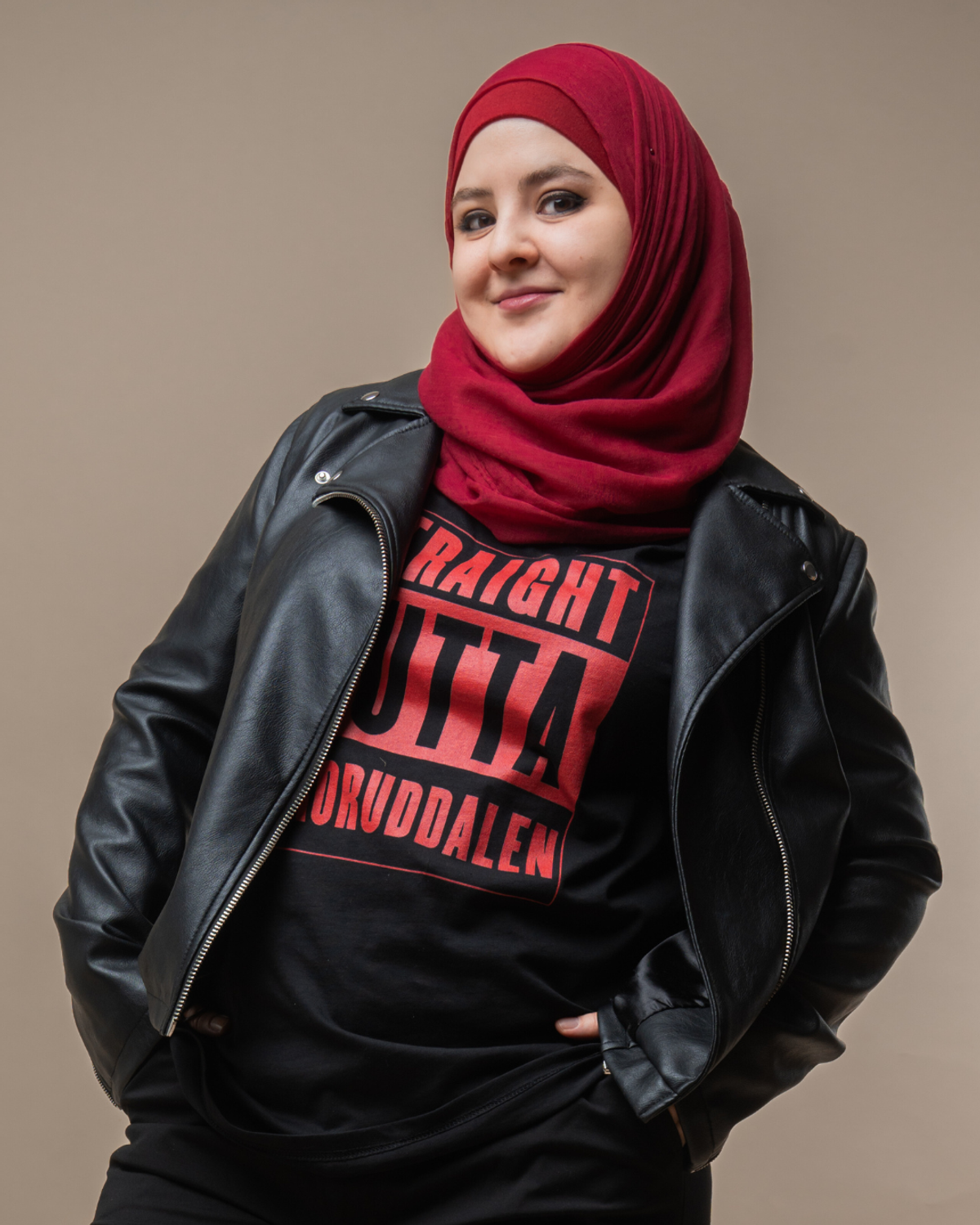
Selma Benmalek. Photo: Kai Chen
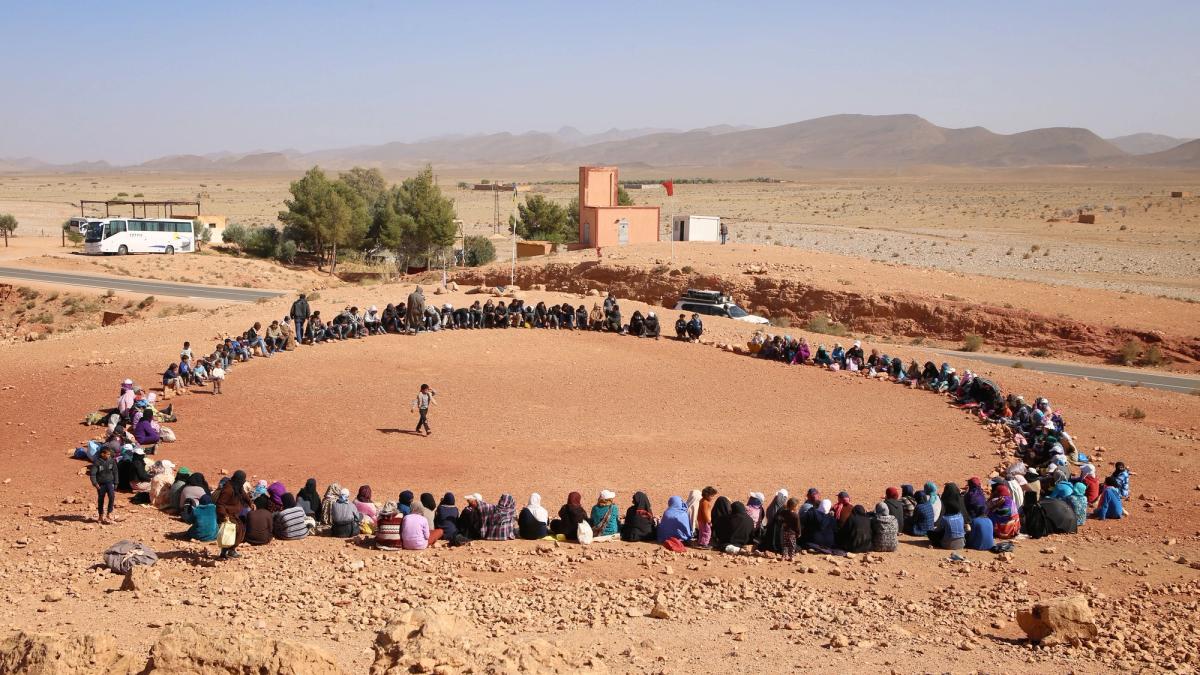
Amussu (2019) directed by Nadir Bouhmouch
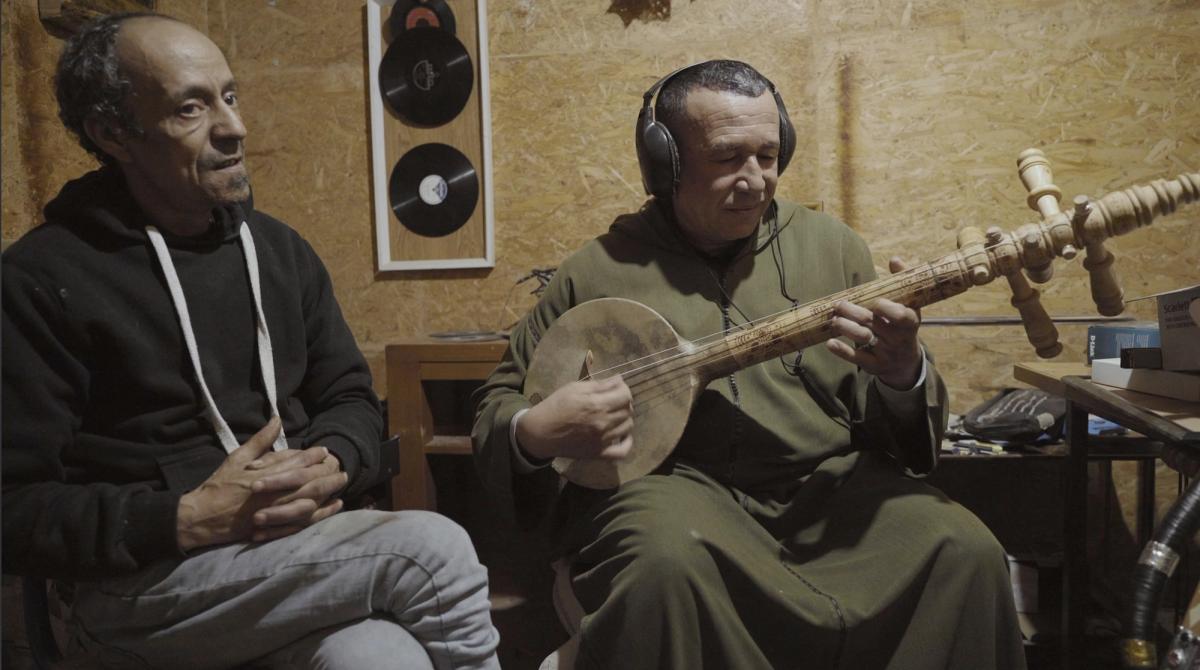
L'Makina (2025) directed by Gilles Aubry

The Diary of a Sky (2024) directed by Lawrence Abu Hamdan

Ash Kilmartin. Photo: Cara Mayer
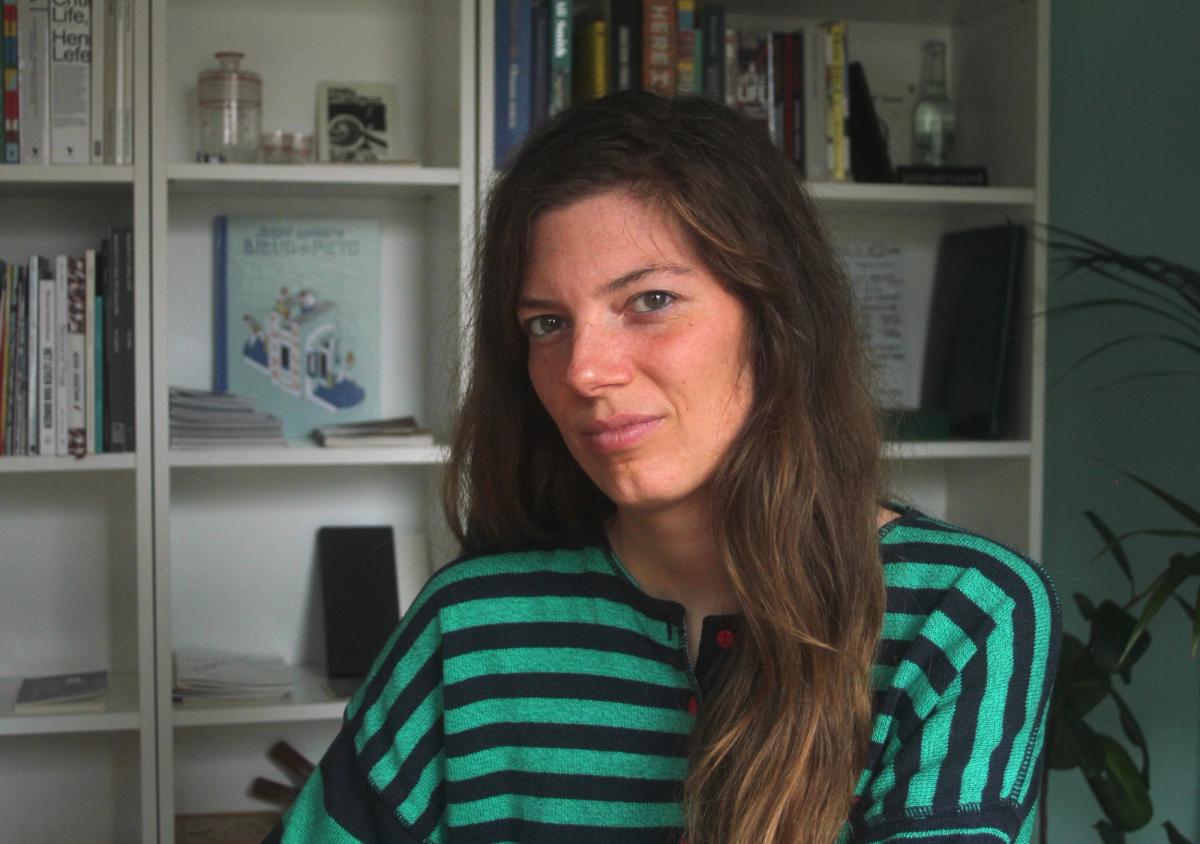
Katía Truijen. Photo: Sjaak Douma
Curated by
- Katía Truijen
- Heloisa Amaral
In collaboration with
- Vega Scene
- Rewire Festival
- Masahat Festival
- Radio WORM
- Norient
Co-funded by
- Pro Helvetia
- Goethe-Institut
- Sparebankstiftelsen DNB
With special thanks to
- Digital Diaspora
